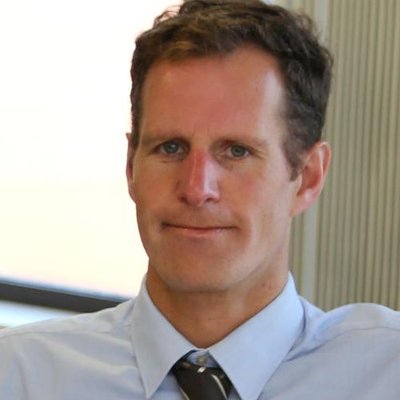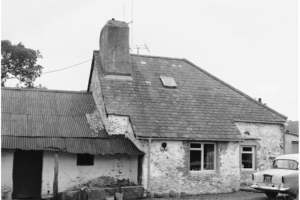THE NUMBER of nurses leaving Swansea Bay University Health Board has exceeded the number joining by more than 300 over the last four years.
The health board said it was working hard to recruit nurses, with many having arrived in hospitals in Swansea and Neath Port Talbot from overseas and more on their way.
In contrast, the number of doctors, dentists and allied therapists – a term comprising physiotherapists, podiatrists and paramedics, among others – rose slightly during the same period.
The figures were provided by the health board in a response to a Freedom of Information request by the Local Democracy Reporting Service.
Health board officials said 1,585 nurses and midwives left Swansea Bay between 2019-20 and 2022-23, with the highest number – 491 – in 2021-22, which was the second year of the Covid pandemic. During that period 1,274 new nurses and midwives joined – 311 fewer.
The figures exclude health care support workers.
Also, during those four years 1,141 doctors and dentists departed, and 1,154 new ones joined. Meanwhile, 410 allied health professionals left, with 455 joining.
The health board, which serves a population of around 380,000, currently has 890 doctors and dentists, 4,218 nurses and midwives, and 994 allied health professions. It also employs non-medical staff.
A health board spokeswoman said the aim was to recruit 350 nurses this financial year on top of a similar number in 2022-23.
“Work is under way to almost double the number of new nurses being recruited to Swansea Bay,” she said. “Hundreds of nurses from overseas, known as internationally educated nurses, are being targeted to join the health board. Recruitment of internationally educated nurses is a key part of the health board’s recruitment and retention plans.”
The spokeswoman said nurses had also joined from other parts of the UK, and that a scheme run with Swansea University enabled healthcare support workers to train part-time to become registered nurses.
In recent meetings, members of the health board’s executive team have praised the international recruitment. Many of these incoming nurses are from Kerala, in India. But concerns about the number of trainee home-grown nurses have also been raised, with a drop reported in applications.
Nurses, midwives and community public health nurses, known as health visitors, represent around 40% of the NHS Wales workforce. The Royal College of Nursing Wales (RCN) union has said that the broader nursing workforce had increased by 16% between 2012 and 2022 but that the number of registered nurses had only increased by 11%.
An RCN report earlier this year said feeling undervalued, being under too much pressure and feeling exhausted were the three most popular reasons UK nurses who were thinking of leaving the profession gave.
Health boards in Wales must, by law, calculate and maintain appropriate nurse staffing levels in acute medical and surgical inpatient wards, among others.




















